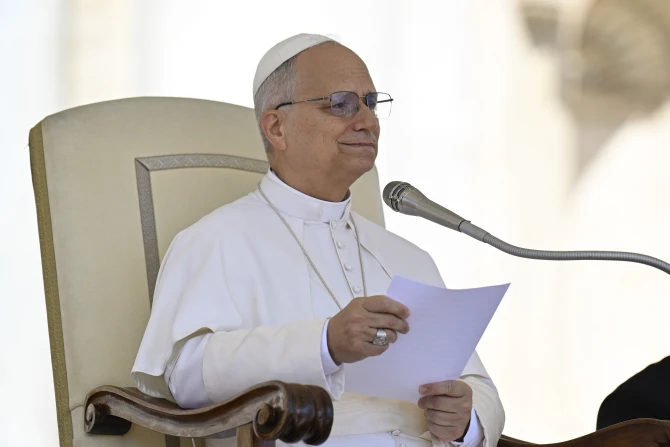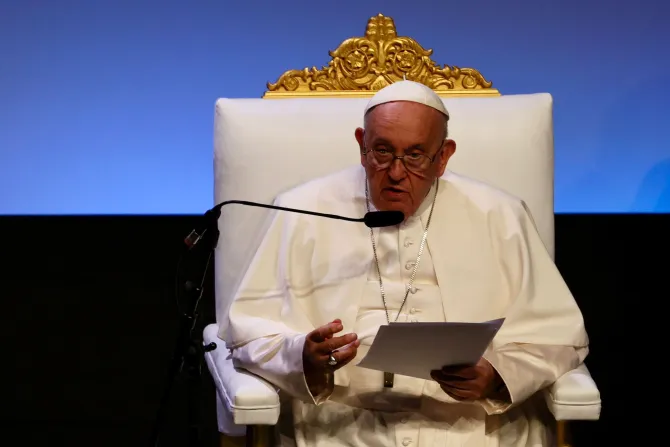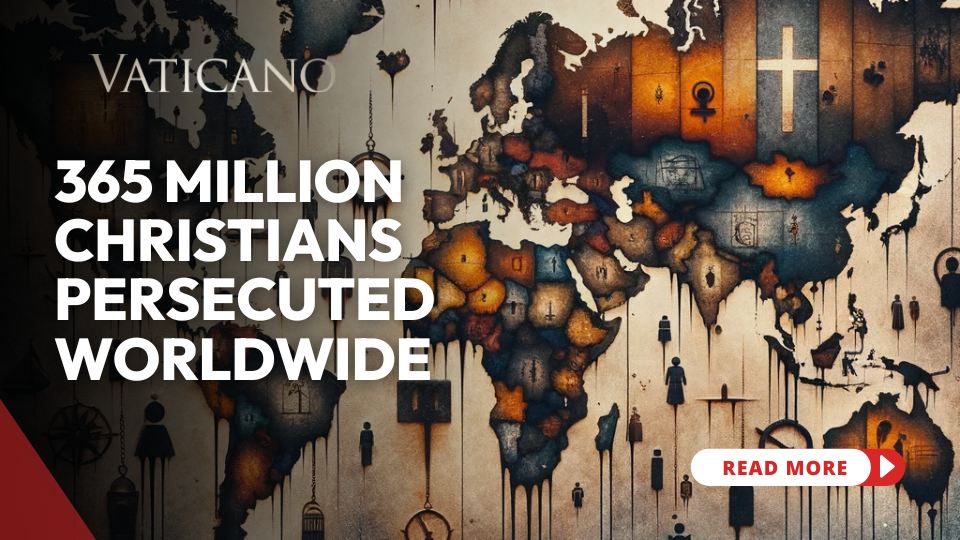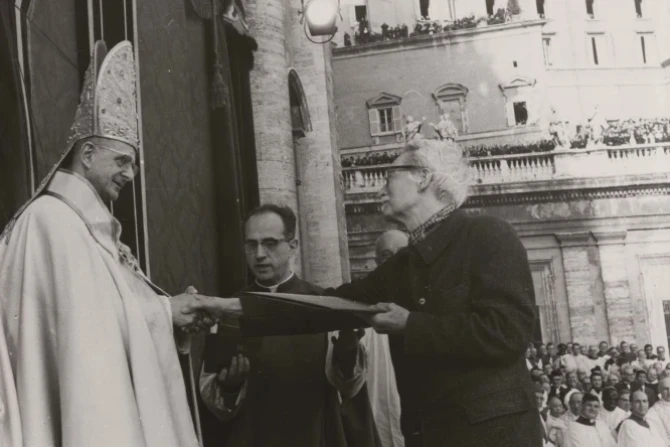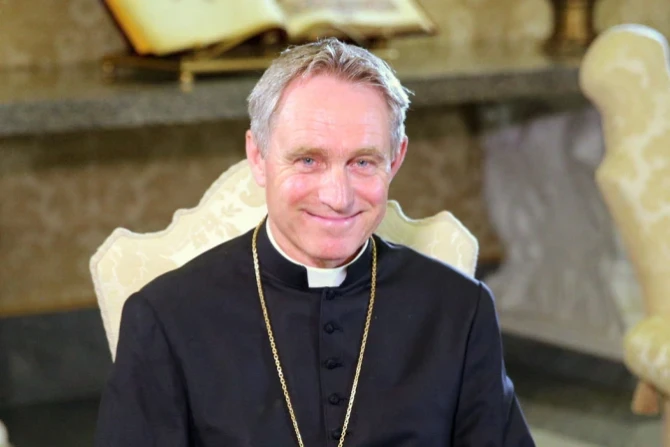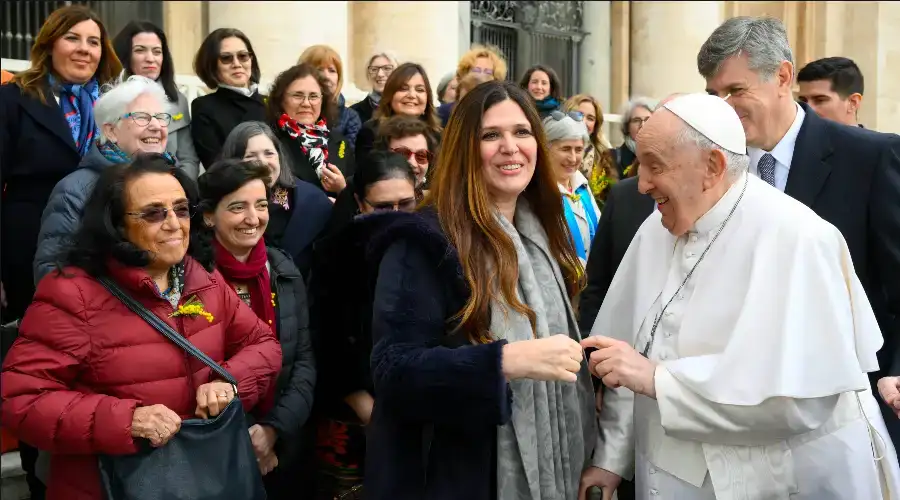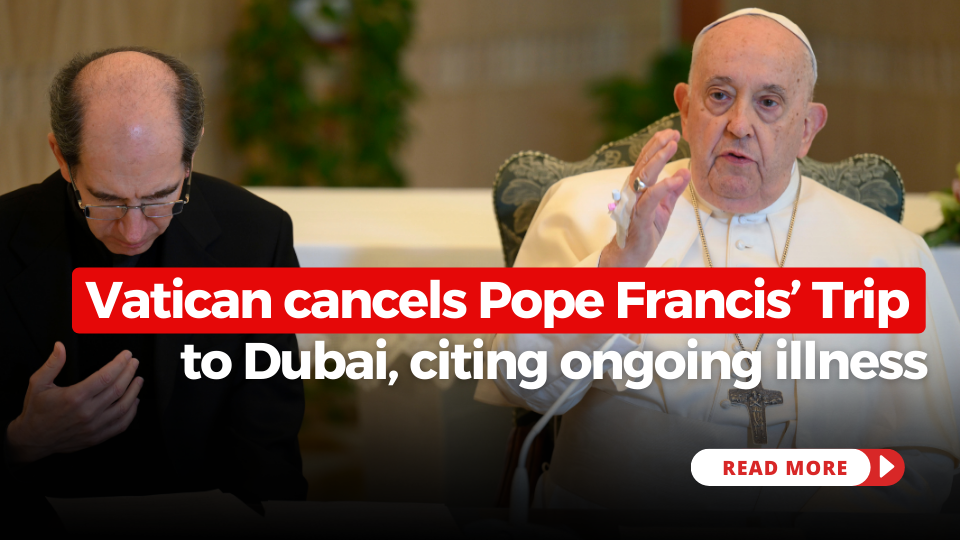Pope Leo XIV on Wednesday pleaded for international assistance for the North African country of Sudan, which is experiencing violence, famine, natural disasters, and disease.
“I am closer than ever to the Sudanese population, in particular families, children and the displaced,” Leo said at the end of his general audience at the Vatican Sept. 3.
“I pray for all the victims,” the pontiff added. “I make a heartfelt appeal to leaders and to the international community to guarantee humanitarian corridors and implement a coordinated response to stop this humanitarian catastrophe.”
The dramatic situation in Sudan, marked by months of armed clashes, mass displacement, and the threat of cholera, has prompted multiple warnings from humanitarian organizations.
In his appeal, Leo drew attention to the civilians trapped in the city of El Fasher, where they are experiencing famine and violence, and to a deadly landslide in Tarsin, which it is believed killed up to 1,000 people, with others still missing.
“And, as if that were not enough,” the pontiff added, “the spread of cholera is threatening hundreds of thousands of already stricken people.”
“It is time to initiate a serious, sincere and inclusive dialogue between the parties to end the conflict and restore hope, dignity and peace to the people of Sudan,” Leo urged.

After three weeks indoors, the pope’s public audience returned to St. Peter’s Square on Wednesday following a dip in Rome’s soaring August temperatures.
‘No-one can save themselves’
In his spiritual message at the audience, Leo reflected on Jesus’ final moments on the cross as narrated in the Gospel of John, where the crucified Christ utters the phrase: “I thirst.”
The pope said the thirst of the Crucified One is not only the physiological need of a tortured body, but above all, the expression of a profound desire for love, relationship, and communion.
His cry, Leo XIV asserted, is that of a God “who is not ashamed to beg for a sip, because in that gesture he tells us that love, in order to be true, must also learn to ask and not only to give.”
The pontiff then stated that “Jesus does not save with a dramatic twist, but by asking for something that he cannot give himself.”
This, according to the Holy Father, opens a door to true hope: “If even the Son of God chose not to be self-sufficient, then our thirst too — for love, for meaning, for justice — is a sign not of failure, but of truth.”
“Jesus’ thirst on the cross is therefore ours too,” he added. “It is the cry of a wounded humanity that seeks living water. And this thirst does not lead us away from God, but rather unites us with him. If we have the courage to acknowledge it, we can discover that even our fragility is a bridge towards heaven.”
Thus, the pope said, on the cross, Jesus teaches us that human beings are not realized “in power, but in trustful openness to others, even when they are hostile and enemies.”
It is precisely through the acceptance of fragility that we achieve salvation, he emphasized, which “is not found in autonomy, but in humbly recognizing one’s own need and in being able to express it freely.”
“None of us can be self-sufficient. No-one can save themselves. Life is ‘fulfilled’ not when we are strong, but when we learn how to receive,” Leo said.
A difficult truth
“We live in a time that rewards self-sufficiency, efficiency, performance,” he said. “And yet the Gospel shows us that the measure of our humanity is not given by what we can achieve, but by our ability to let ourselves be loved and, when necessary, even helped.”
Leo XIV invited the faithful to rediscover the simple joy that is born of fraternity and free gift of self. He emphasized that in everyday gestures, such as “asking without shame” and “offering without ulterior motives,” lies a profound happiness, distinct from that which the world proposes.
“It is a joy that restores us to the original truth of our being: we are creatures made to give and receive love,” the pontiff affirmed.
He encouraged those listening to not be afraid or ashamed to reach out, even when they feel undeserving. “It is right there, in that humble gesture, that salvation hides,” he concluded.
SIGN UP FOR OUR NEWSLETTER HERE
Hannah Brockhaus contributed to this CNA article.

